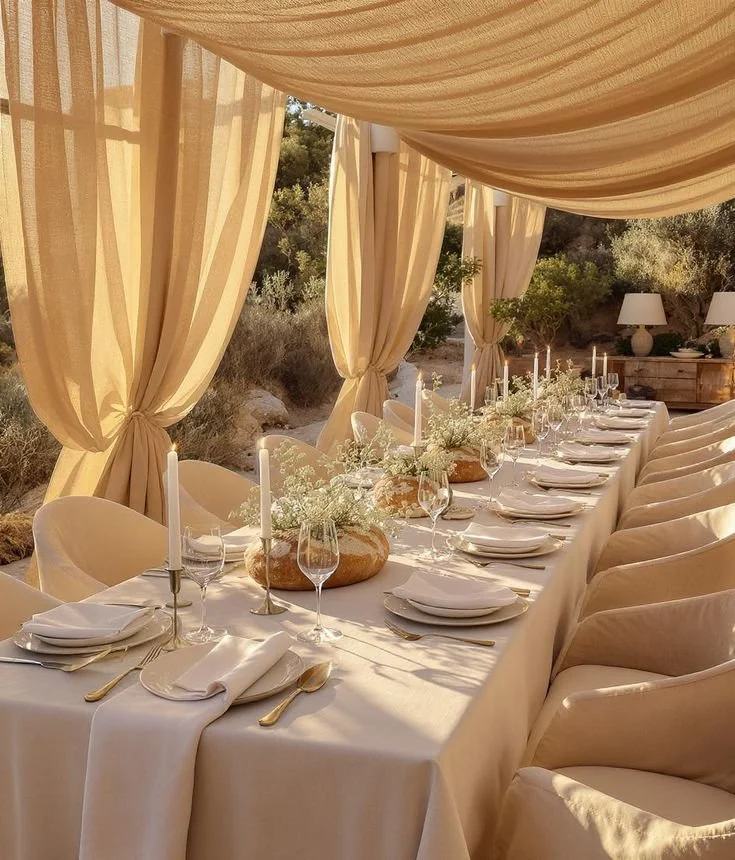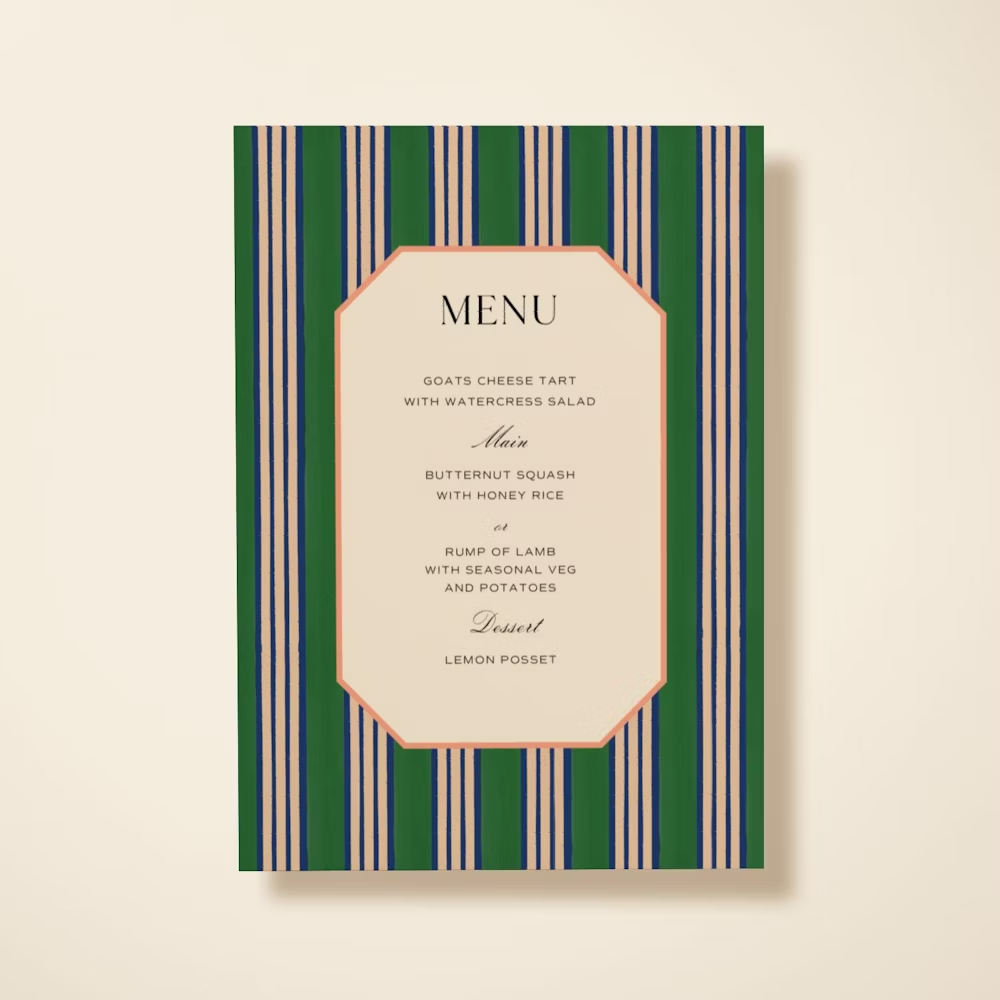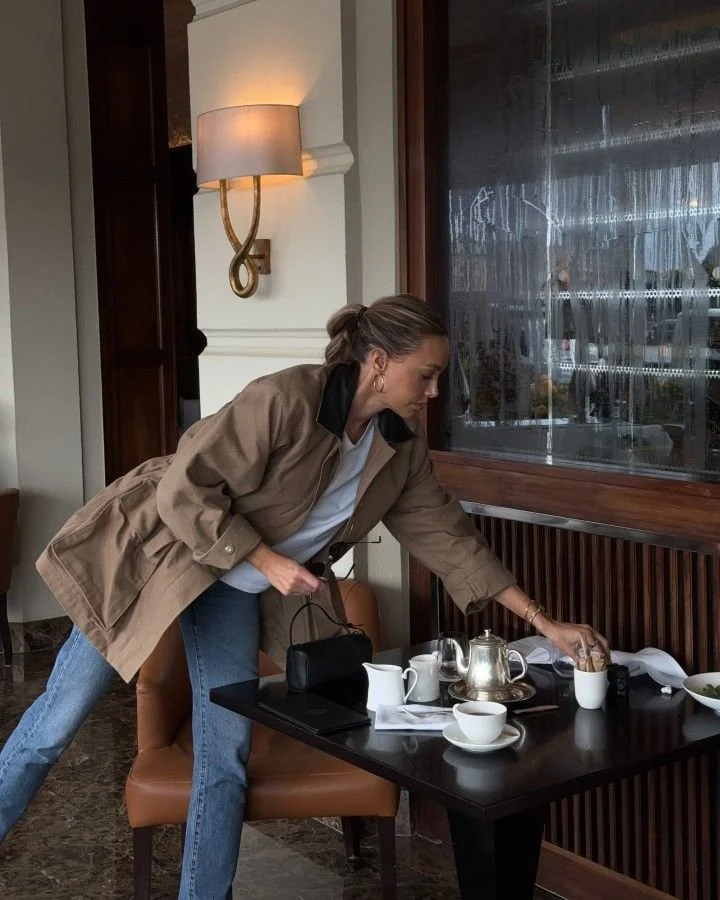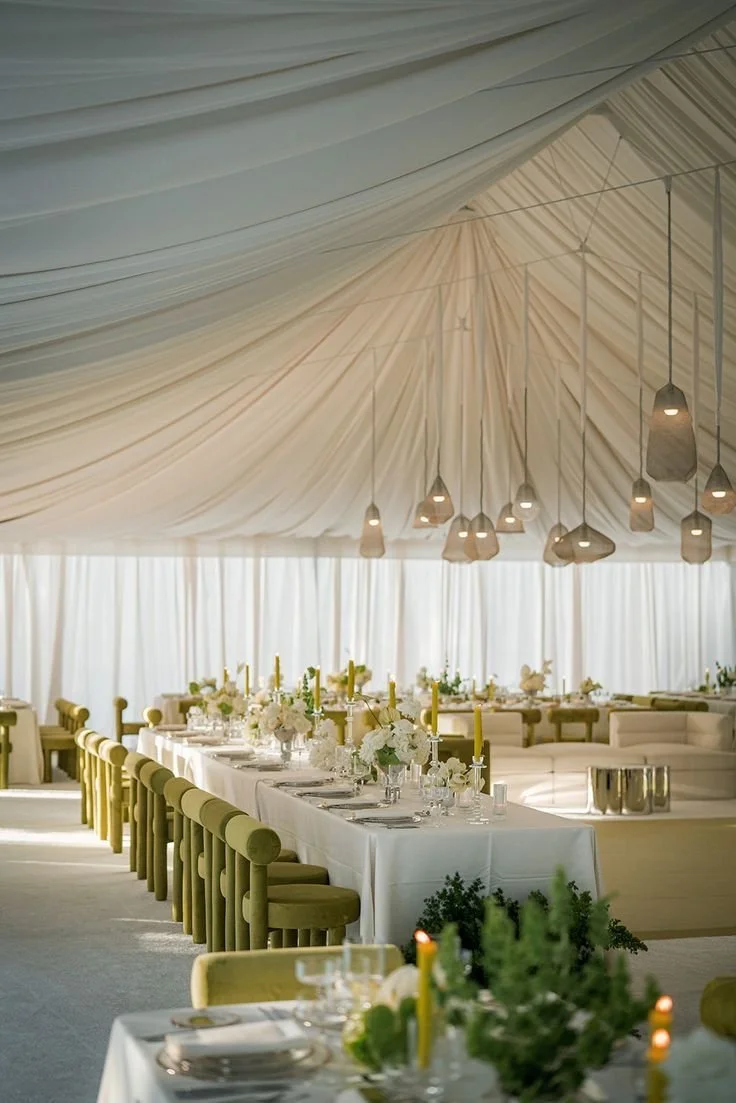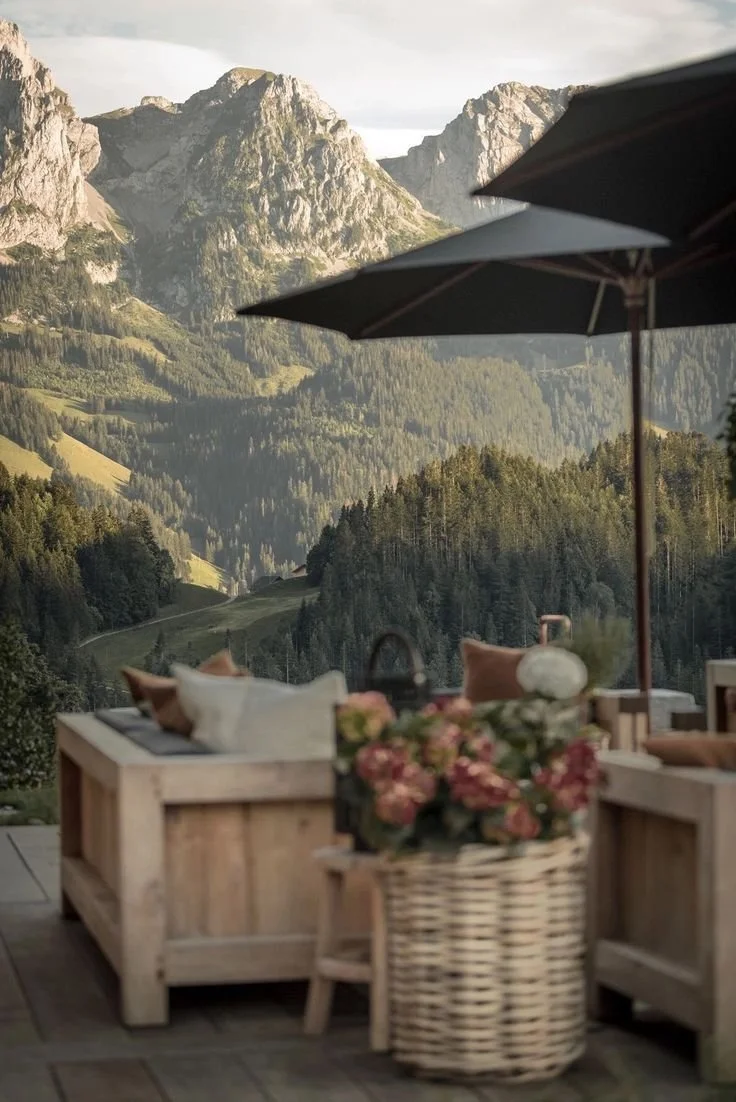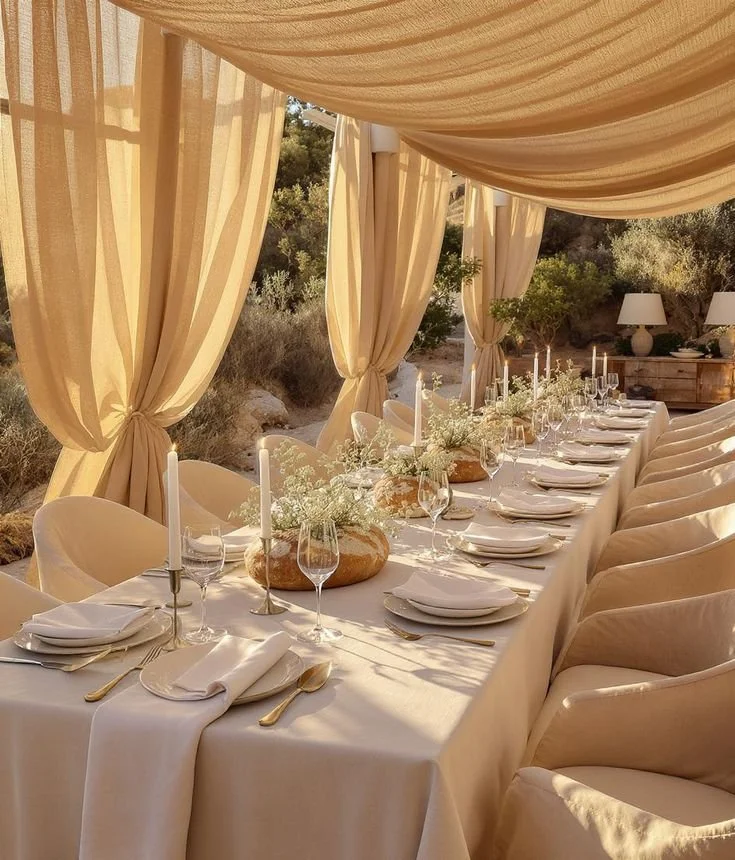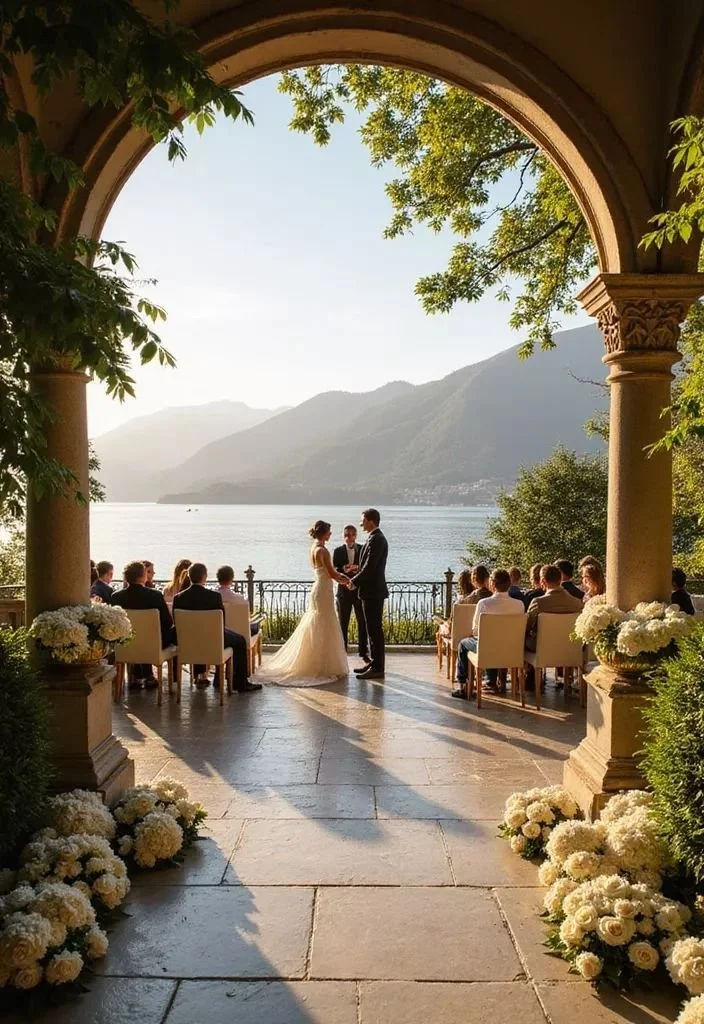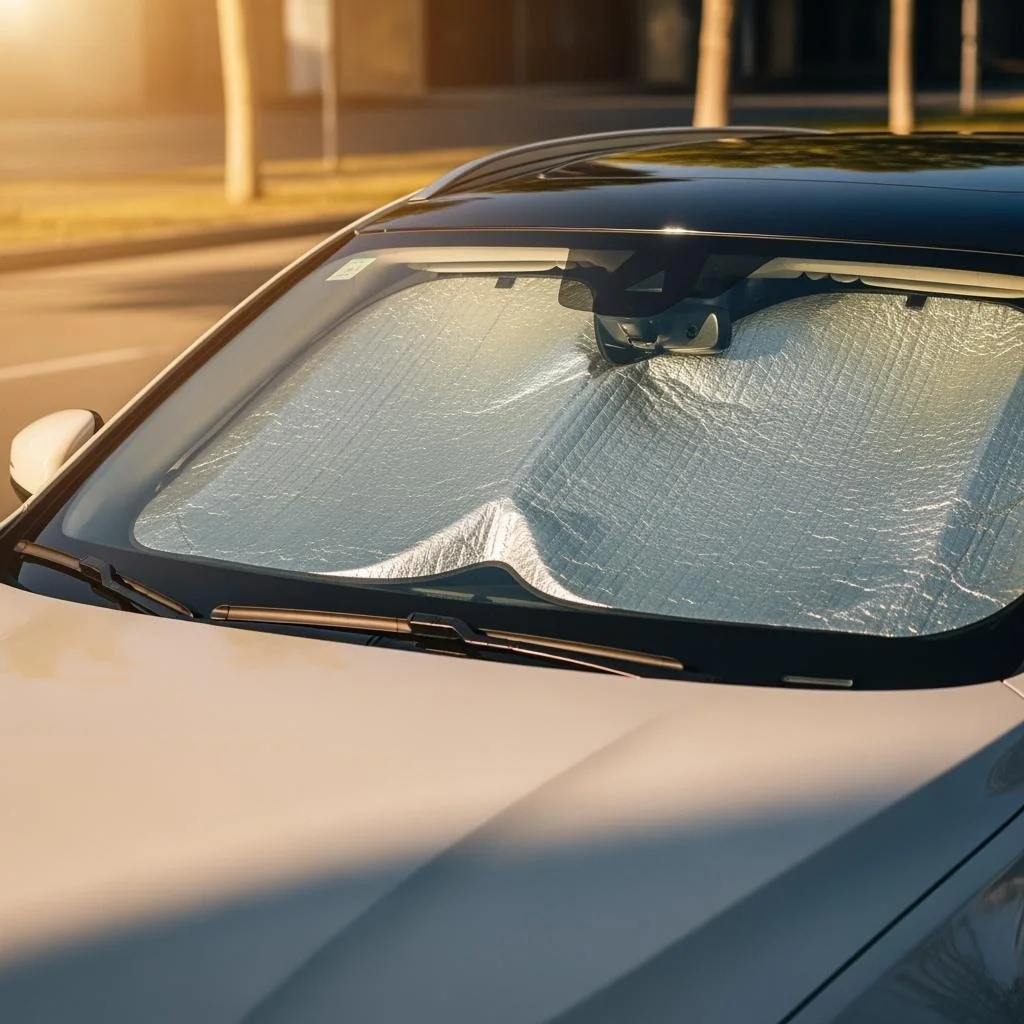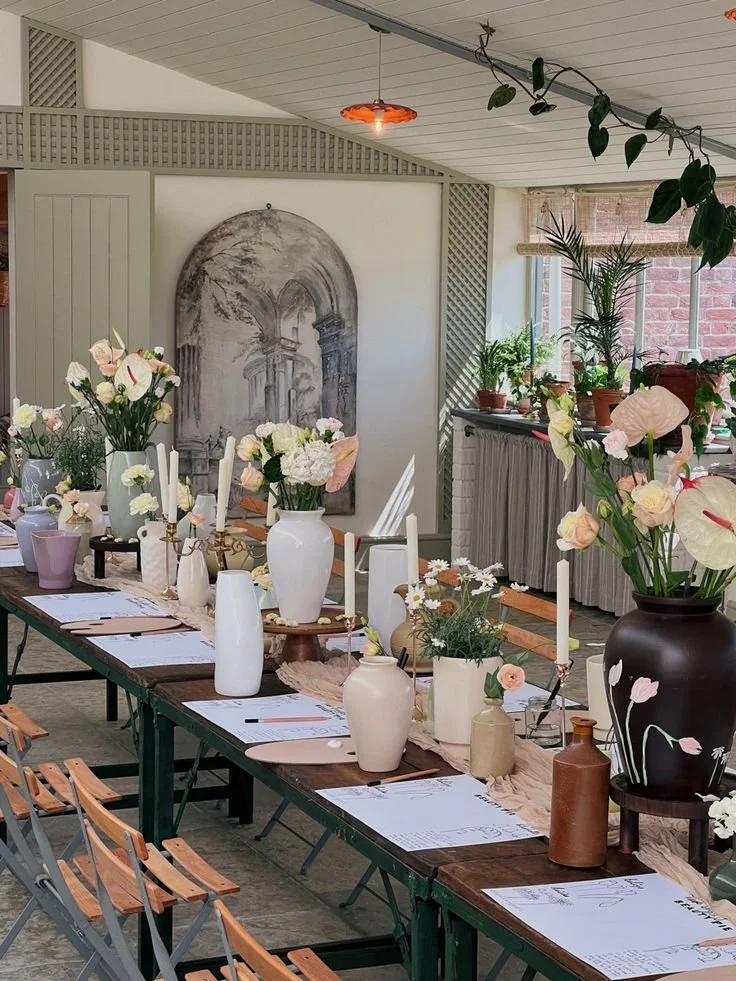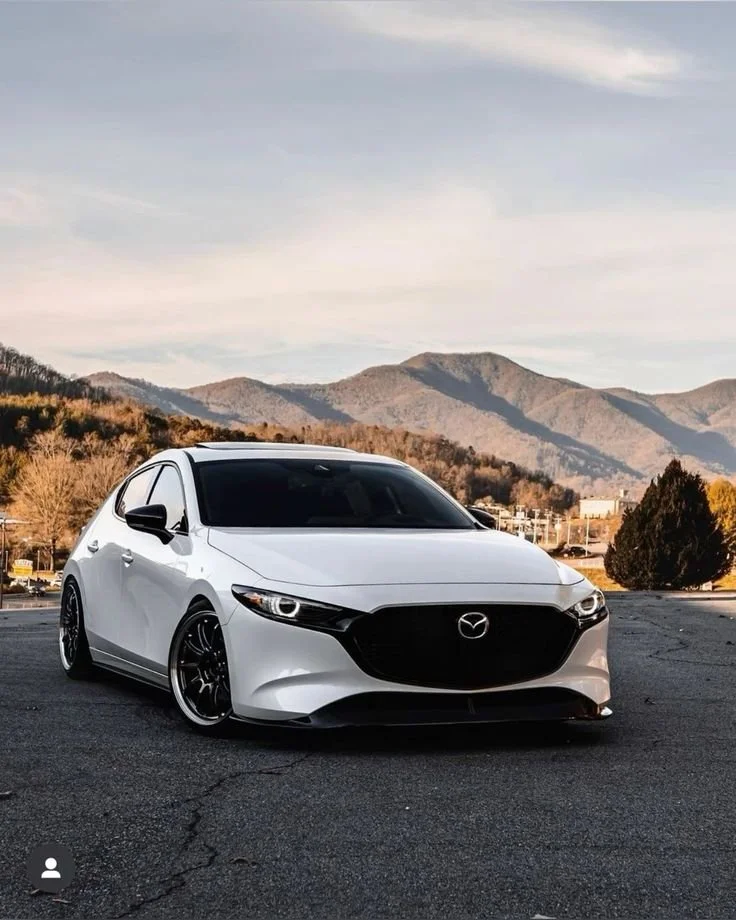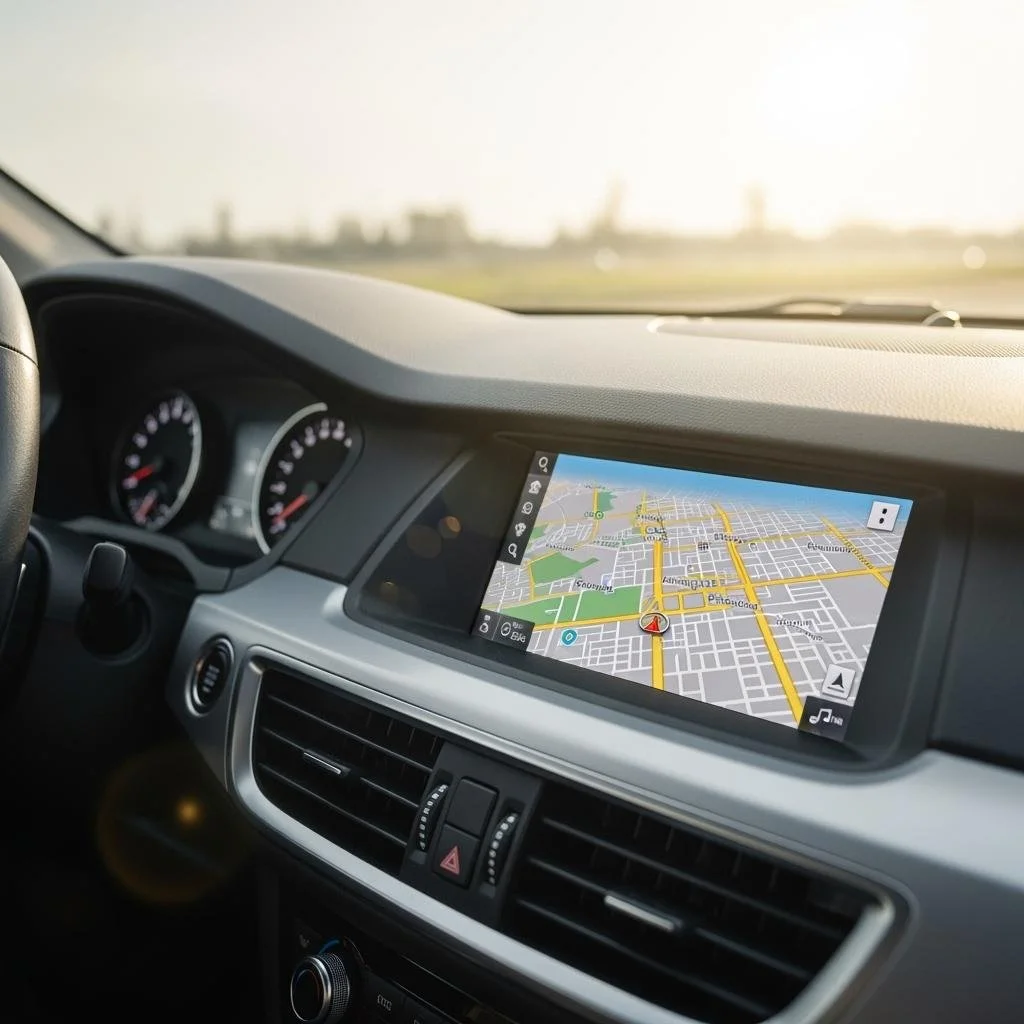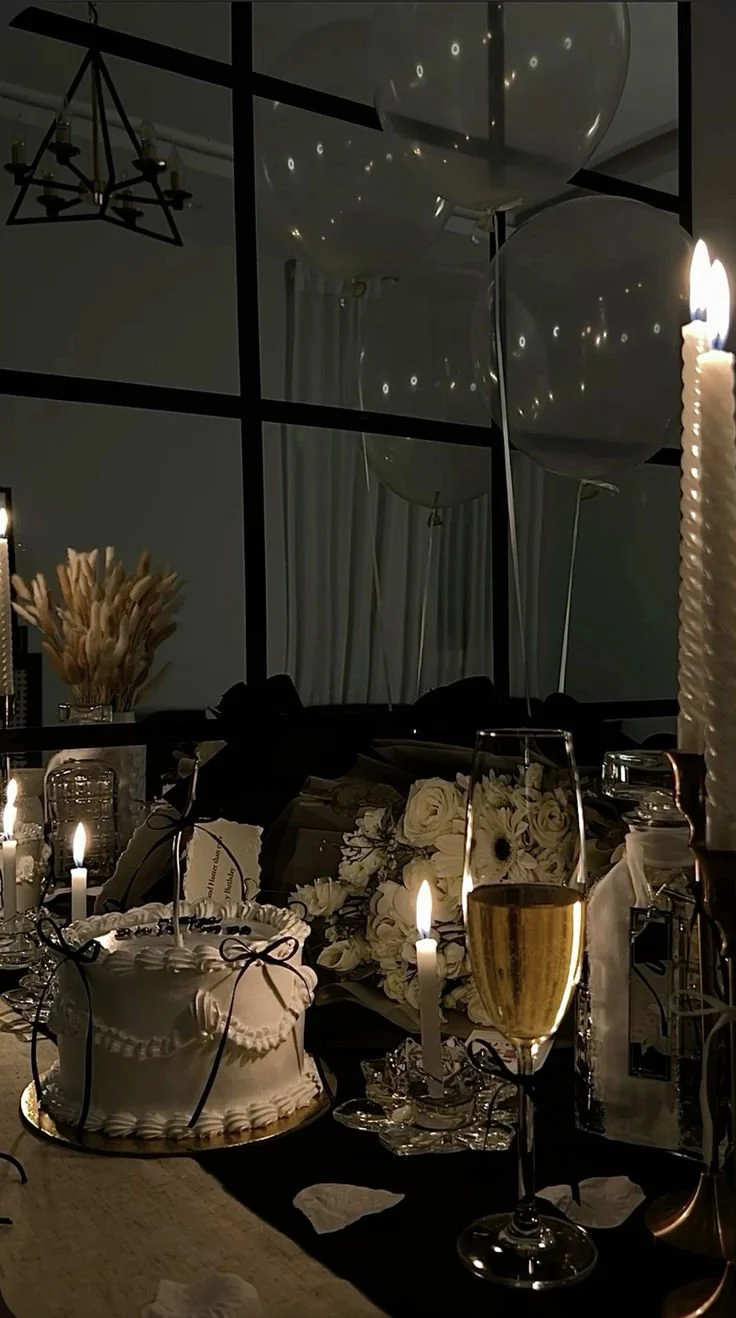Outdoor Event Essentials You Must Not Overlook
Planning an outdoor event—whether it’s a romantic wedding, a vibrant music festival, a corporate gathering, or a community fair—can be an exhilarating experience. The open air, natural scenery, and freedom of space offer a unique atmosphere that indoor venues simply can’t match. However, hosting an event outside also comes with its own set of challenges and logistics.
In this article, we’ll walk you through the often-overlooked essentials that can make or break your outdoor event. From shelter and lighting to power sources and permits, we’ll cover the critical components you need to plan for to ensure your event runs smoothly, safely, and successfully.
No. 1
Shelter: Protecting Guests, Vendors, and Equipment
One of the most important considerations for any outdoor event is providing adequate shelter. Weather is unpredictable, and even the sunniest forecast can turn into a downpour without warning.
Shelter Options to Consider:
Marquees or tents: Ideal for weddings, markets, and festivals. They offer protection from both rain and sun.
Canopies or gazebos: Great for smaller gatherings or vendor booths.
Backup indoor space: Some venues offer an indoor area as a contingency plan in case of bad weather.
Shelter isn’t just about guest comfort—it’s also about protecting equipment, food, and performers. Make sure your shelter solution aligns with the scale and nature of your event.
No. 2
Lighting: Keep the Party Going After Dark
If your event extends into the evening, lighting becomes more than just a decorative element—it’s a safety necessity. Proper lighting ensures that guests can navigate the space, vendors can operate efficiently, and the ambiance remains inviting.
Types of Event Lighting:
Fairy lights or string lights: Perfect for creating a cozy, romantic atmosphere.
Floodlights or LED towers: Provide broad illumination for large areas.
Spotlights or uplighting: Highlight specific features like stages, trees, or signage.
Sky searchlights: Add a dramatic flair for large-scale or promotional events.
Some venues may offer built-in lighting, but in many cases, you’ll need to arrange your own. Be sure to conduct a lighting test before the event to avoid any surprises.
No. 3
Power: Fueling Your Event’s Energy Needs
From sound systems and lighting to catering equipment and mobile charging stations, your event will likely require a reliable power source.
Power Planning Tips:
Check for existing power access: Some venues have outlets or power stations available.
Hire portable generators: If no power source is available, generators are a must.
Coordinate with vendors: Many caterers and AV companies bring their own power solutions, but always confirm in advance.
Calculate total wattage: Ensure your power supply can handle the combined load of all equipment.
Failing to plan for power can lead to technical issues, safety hazards, or even a complete event shutdown. Make this a top priority in your planning checklist.
Papier
Set the perfect table with Papier's beautifully designed place cards, menus, and name cards.
Add a personal touch to every gathering, big or small.
No. 4
Toilets: Comfort and Hygiene for Your Guests
It might not be the most glamorous part of event planning, but providing adequate restroom facilities is absolutely essential—especially if you’re serving food and drinks or expecting guests to stay for several hours.
Toilet Planning Guidelines:
Venue-provided restrooms: Check if your location has existing facilities.
Portable toilet rentals: If not, hire portable toilets based on expected attendance.
Recommended ratio: Aim for at least 1 toilet per 50 guests.
Additional amenities: Consider separate urinals, handwashing stations, and ADA-compliant units.
Clean, accessible restrooms contribute significantly to guest satisfaction and overall event success.
No. 5
Permits: Stay Legal, Stay Safe
Depending on your location and the nature of your event, you may need to obtain specific permits. This is especially true for public spaces or private properties not typically used for events.
Common Event Permits:
Food service permits
Alcohol permits
Live music or amplified sound permits
Fireworks or pyrotechnics permits
Street closure or traffic control permits
Permit Planning Tips:
Apply early: Some permits can take weeks or even months to process.
Check with local authorities: Requirements vary by city and county.
Confirm venue coverage: Some venues already have permits in place—verify before applying yourself.
Operating without the necessary permits can result in fines, forced shutdowns, or even legal action. Don’t leave this step to chance.
Takeaways
Hosting an outdoor event offers a unique and memorable experience—but it also demands careful planning and attention to detail. While it’s easy to get caught up in the excitement of themes, entertainment, and decor, overlooking the basics like shelter, lighting, power, toilets, and permits can lead to unnecessary stress and complications.
In this article, we’ve highlighted the foundational elements that every outdoor event planner should prioritize. By addressing these essentials early in your planning process, you’ll create a safe, comfortable, and enjoyable environment for everyone involved.
Whether you’re organizing a rustic wedding, a bustling street fair, or a high-energy concert, remember: the success of your event lies in the details. Plan smart, prepare for the unexpected, and your outdoor event will be one to remember—for all the right reasons.
Looking for resources?
At Hello Lovely Living, we aim to empower you to earn and save money and time while benefiting from our expansive network of home, life, wellness, travel, work-from-home, career, and business resources and opportunities. Discover a wealth of tools to support your journey.
